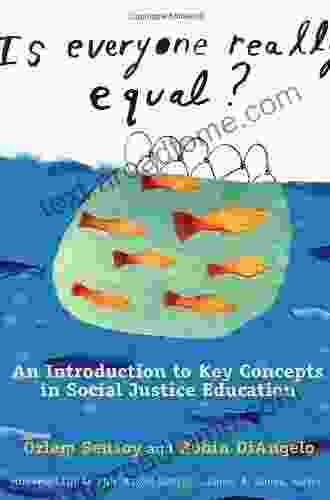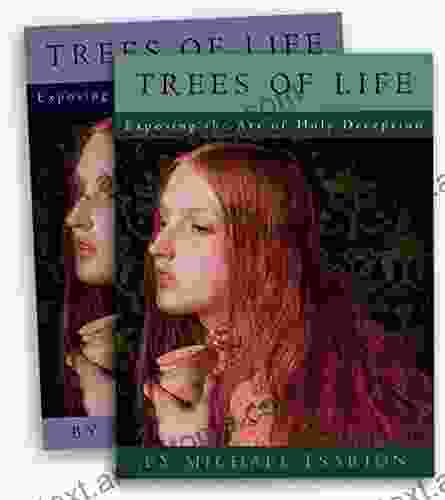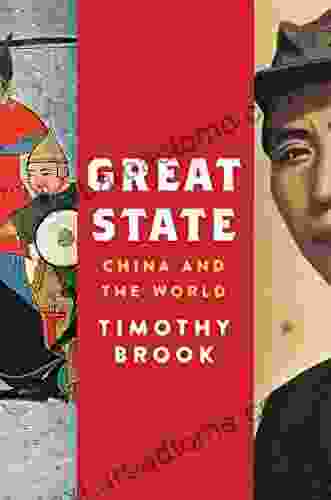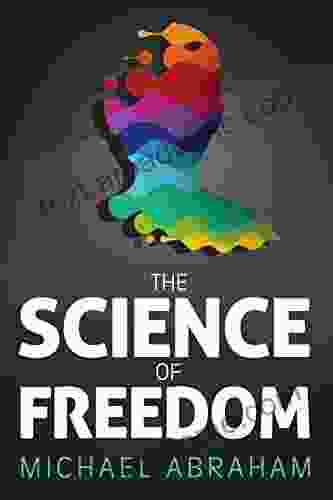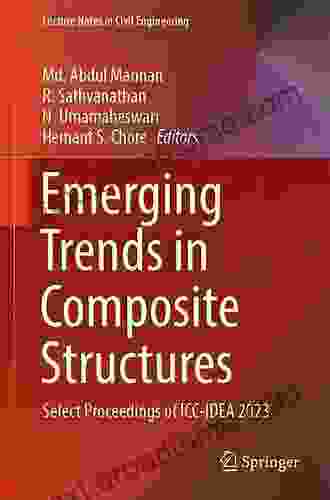An Introduction to Key Concepts in Social Justice Education: Multiculturalism and Beyond

Engaging Article Exploring the Landscape of Social Justice Education
1. The Imperative of Social Justice Education
In a world marked by persistent inequities and social divides, the imperative of social justice education has never been more pressing. Social justice education empowers individuals with the knowledge, skills, and dispositions necessary to critically examine societal structures that perpetuate injustice, challenge oppression, and work towards a more equitable and just society.
4.5 out of 5
| Language | : | English |
| File size | : | 7395 KB |
| Text-to-Speech | : | Enabled |
| Screen Reader | : | Supported |
| Enhanced typesetting | : | Enabled |
| Word Wise | : | Enabled |
| Print length | : | 287 pages |
2. Multiculturalism: A Foundation for Social Justice Education
Multiculturalism, the recognition and appreciation of diverse cultures, is a fundamental cornerstone of social justice education. It acknowledges the richness and complexity of human experiences, fostering respect and understanding among individuals from different backgrounds. By embracing multiculturalism, educators can create inclusive learning environments that value the perspectives and experiences of all students.
3. Key Concepts in Social Justice Education
a. Intersectional Identity: Social justice education recognizes the interconnected nature of various identities, such as race, class, gender, and sexual orientation. By understanding the intersectionality of identities, educators can address the unique challenges faced by marginalized groups and promote inclusive policies.
b. Critical Pedagogy: Critical pedagogy, a transformative approach to education, empowers students to critically examine their own assumptions and challenge oppressive societal structures. It encourages students to engage in active learning, questioning the status quo, and working towards social change.
c. Restorative Justice: Restorative justice, an alternative approach to discipline, seeks to repair harm caused by misconduct and foster accountability while promoting reconciliation and healing. It challenges punitive measures that often perpetuate cycles of injustice.
d. Cultural Sensitivity: Cultural sensitivity is essential for educators to effectively engage with students from diverse backgrounds. It involves understanding and respecting the cultural norms, values, and practices of different groups.
4. Beyond Multiculturalism: Inclusivity and Equity
While multiculturalism is a crucial aspect of social justice education, it is important to recognize its limitations. True social justice education requires moving beyond mere representation and addressing the systemic inequities that continue to disadvantage marginalized groups. Educators must strive for inclusivity, ensuring that all students feel valued, respected, and empowered to succeed.
5. The Role of Educators
Educators play a pivotal role in promoting social justice education. By incorporating social justice principles into their teaching, they can create equitable learning environments, foster critical thinking, and empower students to become agents of change. Educators must also engage in ongoing self-reflection and professional development to ensure that their practices are inclusive and transformative.
6. The Power of Connection
Social justice education is not confined to the classroom; it extends into the wider community. By connecting students with real-world issues and organizations working towards social change, educators can foster a sense of activism and empower students to make a meaningful impact.
7. The Promise of Social Justice Education
Social justice education has the transformative potential to create a more just and equitable society. By cultivating empathy, critical thinking, and social responsibility, social justice education empowers individuals to challenge injustice, promote equality, and work towards a better future for all.
8. Resources and Support for Social Justice Educators
To support educators in their endeavors, numerous resources and organizations are available. These resources provide professional development opportunities, instructional materials, and networking opportunities for educators committed to social justice education.
9. Call to Action
The imperatives of social justice education demand our attention. As educators, community members, and global citizens, we must embrace the principles of inclusivity, equity, and critical thinking. By working together, we can create a world where every individual has the opportunity to thrive and contribute to a truly just and sustainable society.
10. : A Path to a More Just Future
An to Key Concepts in Social Justice Education: Multiculturalism and Beyond is an indispensable guide for educators, students, and anyone committed to promoting social justice. It provides a comprehensive overview of the foundational concepts, pedagogical approaches, and challenges involved in creating inclusive and transformative learning environments. By embracing the principles outlined in this book, we can empower the next generation to build a society where justice, equity, and compassion prevail.
4.5 out of 5
| Language | : | English |
| File size | : | 7395 KB |
| Text-to-Speech | : | Enabled |
| Screen Reader | : | Supported |
| Enhanced typesetting | : | Enabled |
| Word Wise | : | Enabled |
| Print length | : | 287 pages |
Do you want to contribute by writing guest posts on this blog?
Please contact us and send us a resume of previous articles that you have written.
 Book
Book Novel
Novel Page
Page Chapter
Chapter Text
Text Story
Story Genre
Genre Reader
Reader Library
Library Paperback
Paperback E-book
E-book Magazine
Magazine Newspaper
Newspaper Paragraph
Paragraph Sentence
Sentence Bookmark
Bookmark Shelf
Shelf Glossary
Glossary Bibliography
Bibliography Foreword
Foreword Preface
Preface Synopsis
Synopsis Annotation
Annotation Footnote
Footnote Manuscript
Manuscript Scroll
Scroll Codex
Codex Tome
Tome Bestseller
Bestseller Classics
Classics Library card
Library card Narrative
Narrative Biography
Biography Autobiography
Autobiography Memoir
Memoir Reference
Reference Encyclopedia
Encyclopedia Yasmeen Abutaleb
Yasmeen Abutaleb Marika Seigel
Marika Seigel Marcus Yu Bin Pai
Marcus Yu Bin Pai Taylor Owen
Taylor Owen Morey Bernstein
Morey Bernstein Marc Loy
Marc Loy Sophie Claire
Sophie Claire Max Strom
Max Strom Pat Carmichael
Pat Carmichael Steve Luxenberg
Steve Luxenberg Marcelo Guala
Marcelo Guala Reinhard Hentschke
Reinhard Hentschke Robert Jervis
Robert Jervis Matt How
Matt How Martha Batalha
Martha Batalha Max Alson
Max Alson Ram B Gupta
Ram B Gupta Sandra Mendelson
Sandra Mendelson Marina Peters
Marina Peters Mary Summer Rain
Mary Summer Rain
Light bulbAdvertise smarter! Our strategic ad space ensures maximum exposure. Reserve your spot today!

 John ParkerUnlock the Secrets of Natural Elastic Materials: Mechanics and Mechanisms of...
John ParkerUnlock the Secrets of Natural Elastic Materials: Mechanics and Mechanisms of... Max TurnerFollow ·3.2k
Max TurnerFollow ·3.2k Tyrone PowellFollow ·9k
Tyrone PowellFollow ·9k Jules VerneFollow ·14.5k
Jules VerneFollow ·14.5k Dan HendersonFollow ·3.7k
Dan HendersonFollow ·3.7k Roger TurnerFollow ·8.6k
Roger TurnerFollow ·8.6k Quentin PowellFollow ·13k
Quentin PowellFollow ·13k Hugh BellFollow ·18.6k
Hugh BellFollow ·18.6k Elton HayesFollow ·12.5k
Elton HayesFollow ·12.5k
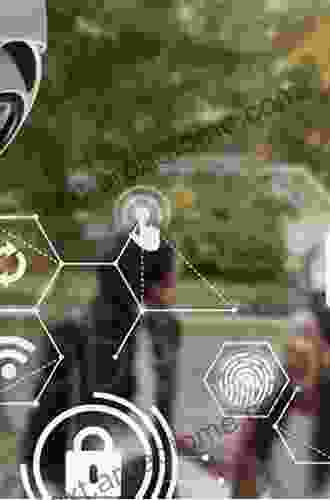
 Ralph Ellison
Ralph EllisonIntelligent Video Surveillance Systems: The Ultimate...
In a world...
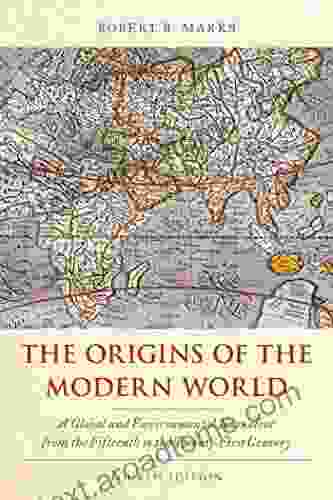
 Jeffrey Cox
Jeffrey CoxThe Origins of the Modern World: A Journey to the Roots...
Embark on an Extraordinary...

 Paulo Coelho
Paulo CoelhoUnlock the Power of Integrated Medical Imaging with...
In the rapidly evolving...

 Charles Reed
Charles ReedThe Christ of the Covenants: Unlocking the Mystery of...
Embark on a Profound...

 Elton Hayes
Elton HayesComputational Hydraulics: A Comprehensive Guide for...
In the realm of fluid dynamics,...
4.5 out of 5
| Language | : | English |
| File size | : | 7395 KB |
| Text-to-Speech | : | Enabled |
| Screen Reader | : | Supported |
| Enhanced typesetting | : | Enabled |
| Word Wise | : | Enabled |
| Print length | : | 287 pages |


